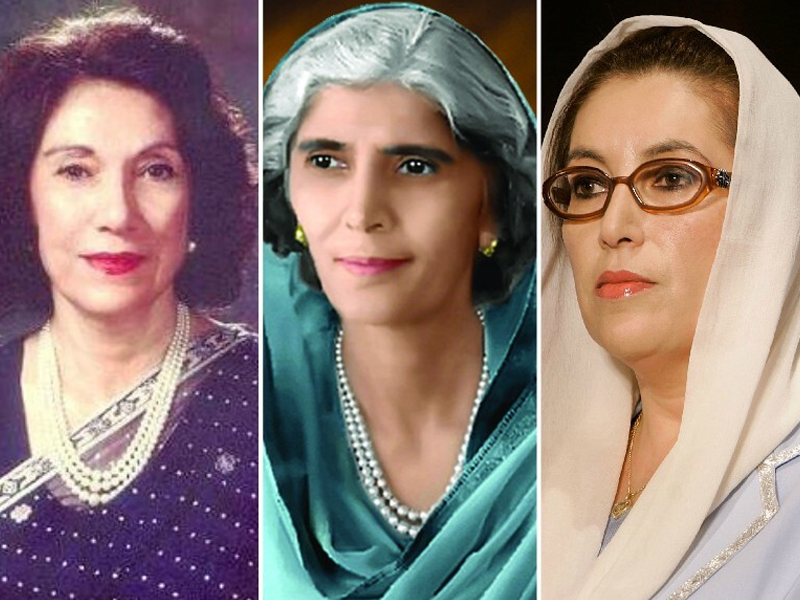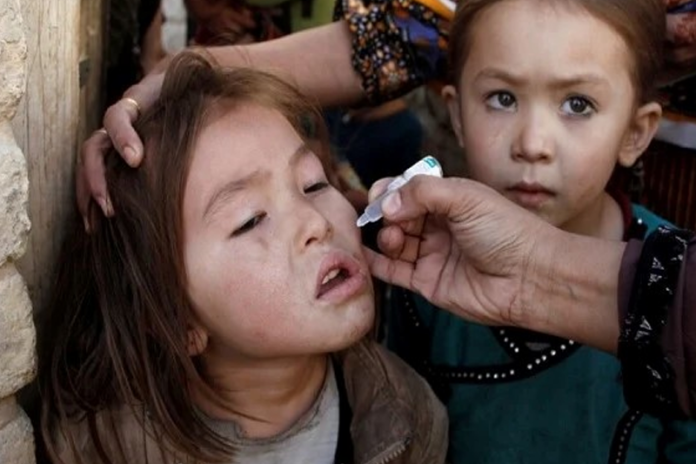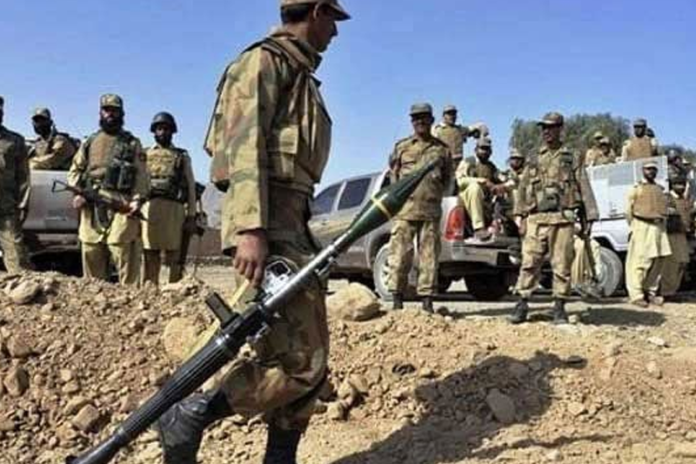Political representation of women in Pakistan: Bridging the gap in leadership

- 206
- 0
In the intricate fabric of Pakistani politics, the role of women has been a subject of evolution, marked by progress, yet hindered by persistent challenges. Assessing the status of women in political spheres sheds light on their roles, the barriers they face, and the crucial need for enhanced representation and leadership.
Current Status: Women's participation in Pakistani politics has seen noteworthy strides. Quota systems have been instrumental in providing reserved seats for women in local and national assemblies, aiming to ensure their representation. This initiative has led to the emergence of influential female political figures, contributing significantly to legislative processes and policy-making.
Roles and Contributions: Despite systemic hurdles, women in Pakistani politics have proven their mettle as astute leaders and agents of change. They have championed causes spanning women's rights, education, healthcare, and socio-economic empowerment. From Benazir Bhutto, the first female Prime Minister of Pakistan, to grassroots activists advocating for policy reforms, women have been instrumental in shaping political discourse and governance.
Challenges Faced: However, the road to political leadership for women in Pakistan remains fraught with challenges. Cultural norms, societal expectations, and traditional gender roles often impede women's entry into politics. They confront barriers such as lack of financial support, limited access to resources, and societal biases that undermine their credibility and hinder their political ascent.
The Need for Increased Representation: The underrepresentation of women in political leadership roles is a critical issue that demands urgent attention. Greater representation of women in decision-making bodies not only ensures diverse perspectives but also fosters inclusive policies that address the needs of the entire population. Empowering women in politics is essential for a truly representative democracy and effective governance.
Leadership and Empowerment: Enhanced leadership opportunities for women in politics are vital for societal progress. Encouraging women to take leadership roles, providing mentorship, and breaking cultural barriers are imperative steps towards creating a conducive environment for their political participation. Moreover, educational initiatives, skill-building programs, and support networks can further empower women to navigate political landscapes.
Moving Forward: To bridge the gender gap in political representation, concerted efforts are required from policymakers, civil society, and the broader community. Reforms that promote gender equality, eliminate discriminatory practices, and encourage women's participation in politics must be prioritized. Furthermore, fostering a culture of respect and recognition for women leaders is crucial for inspiring future generations of female politicians.
In conclusion, while progress has been made, the journey towards achieving equitable political representation for women in Pakistan is ongoing. Embracing diversity, empowering women leaders, and dismantling barriers to entry are pivotal steps in creating an inclusive political landscape that truly represents the aspirations and needs of all citizens. Only through collective efforts can Pakistan ensure that women stand on equal footing in the realm of political leadership.
Published in The Daily National Courier, December, 26 2023
Like Business on Facebook, follow @DailyNCourier on Twitter to stay informed and join in the conversation.

















































